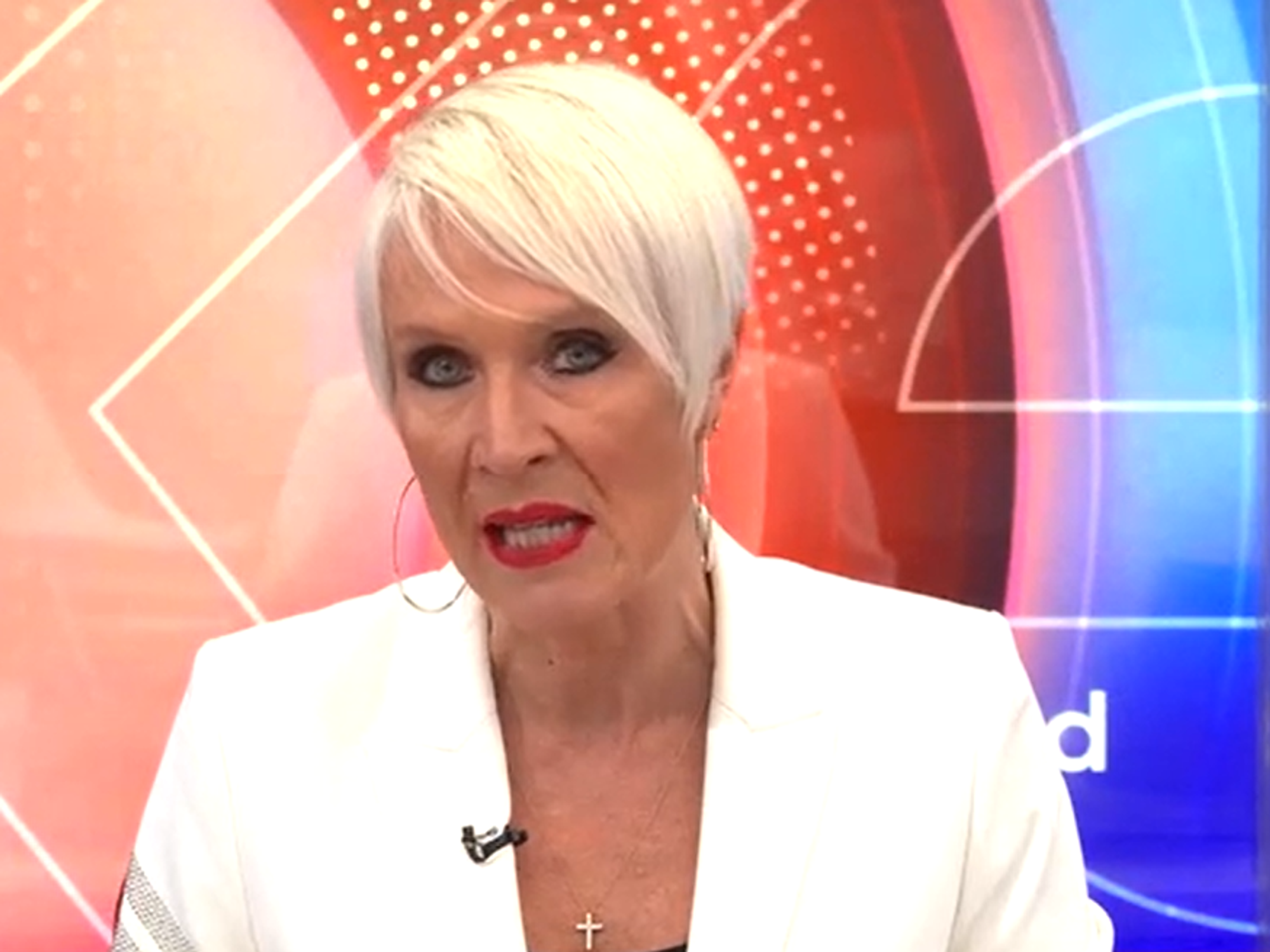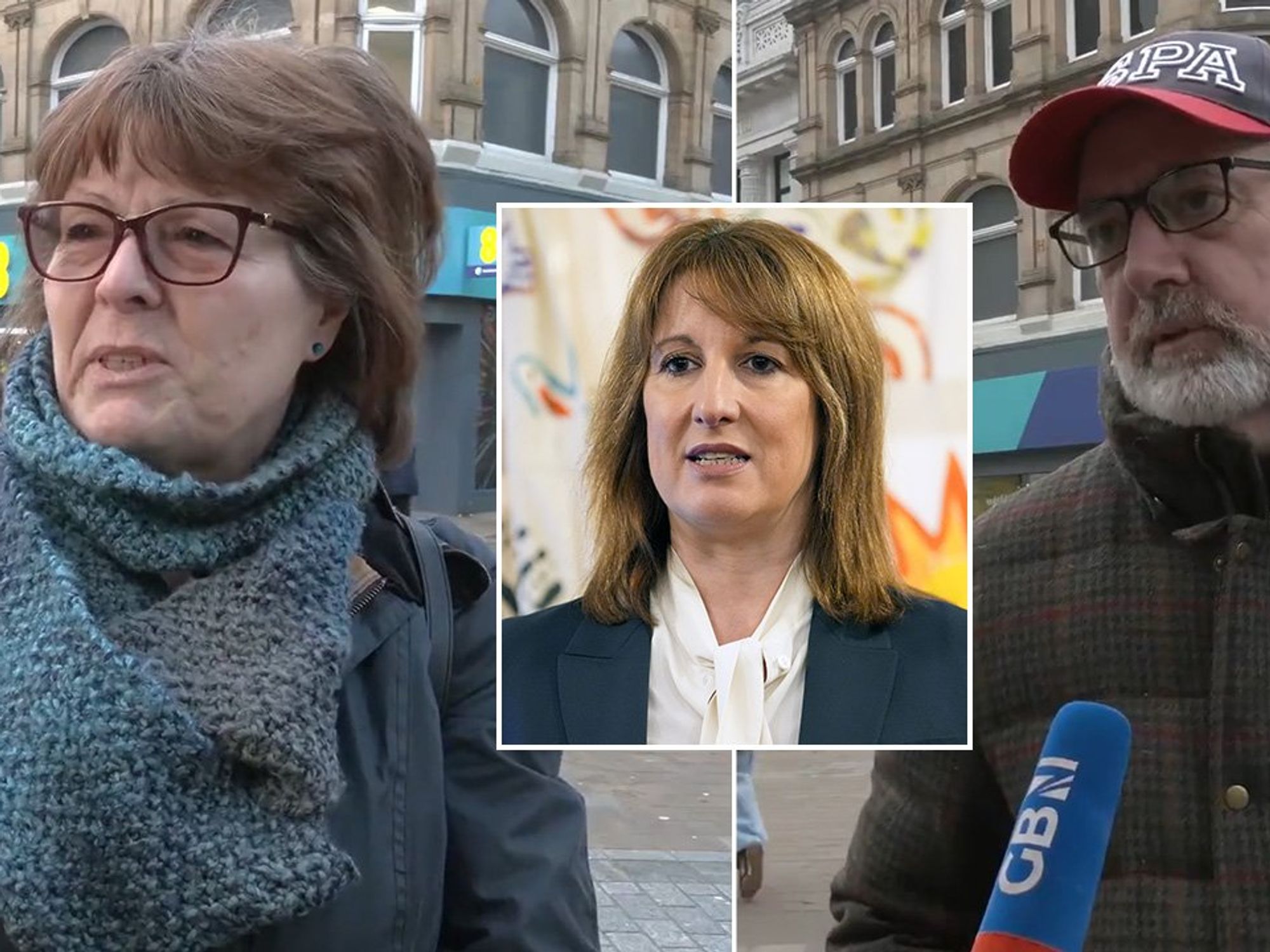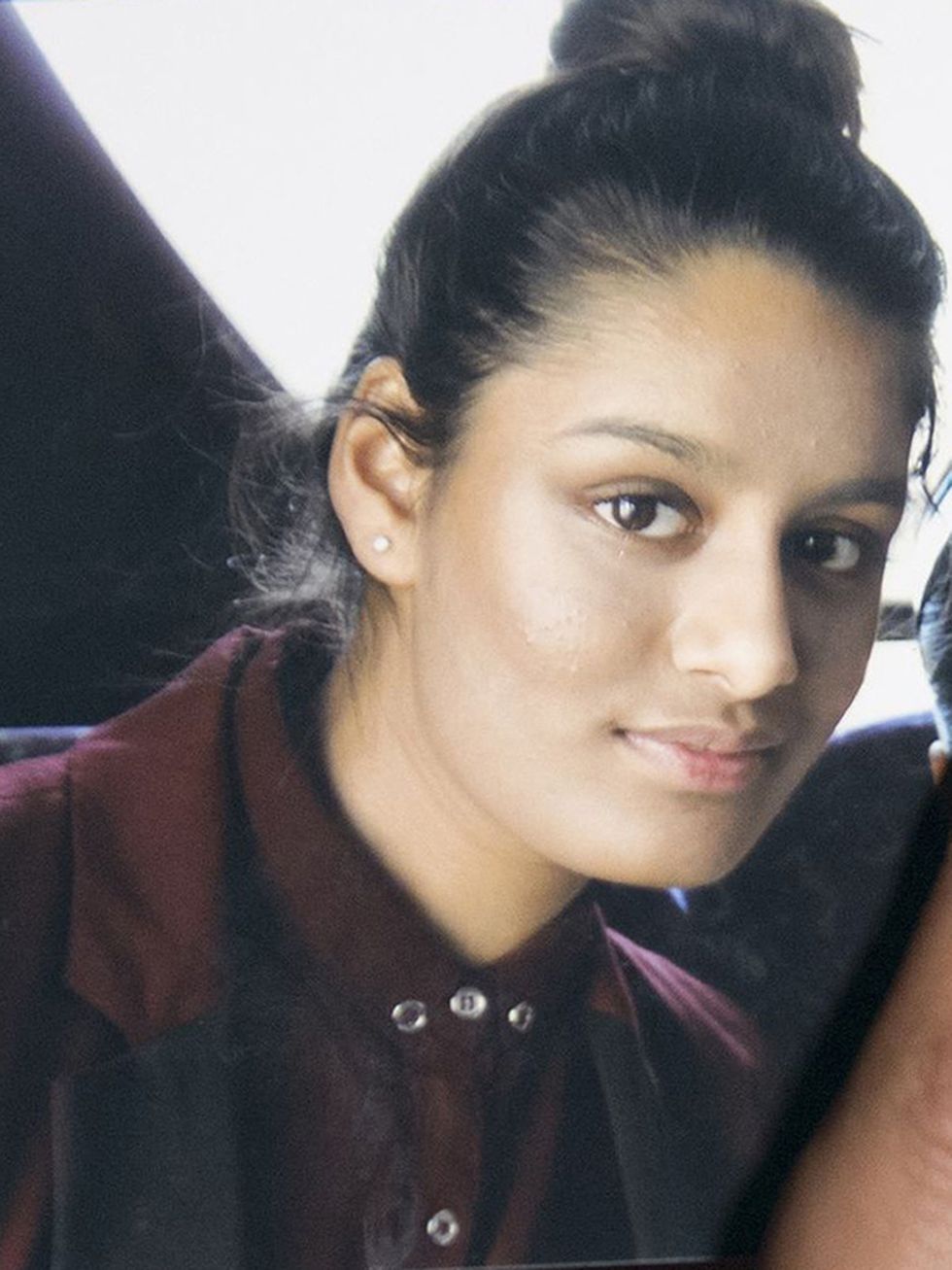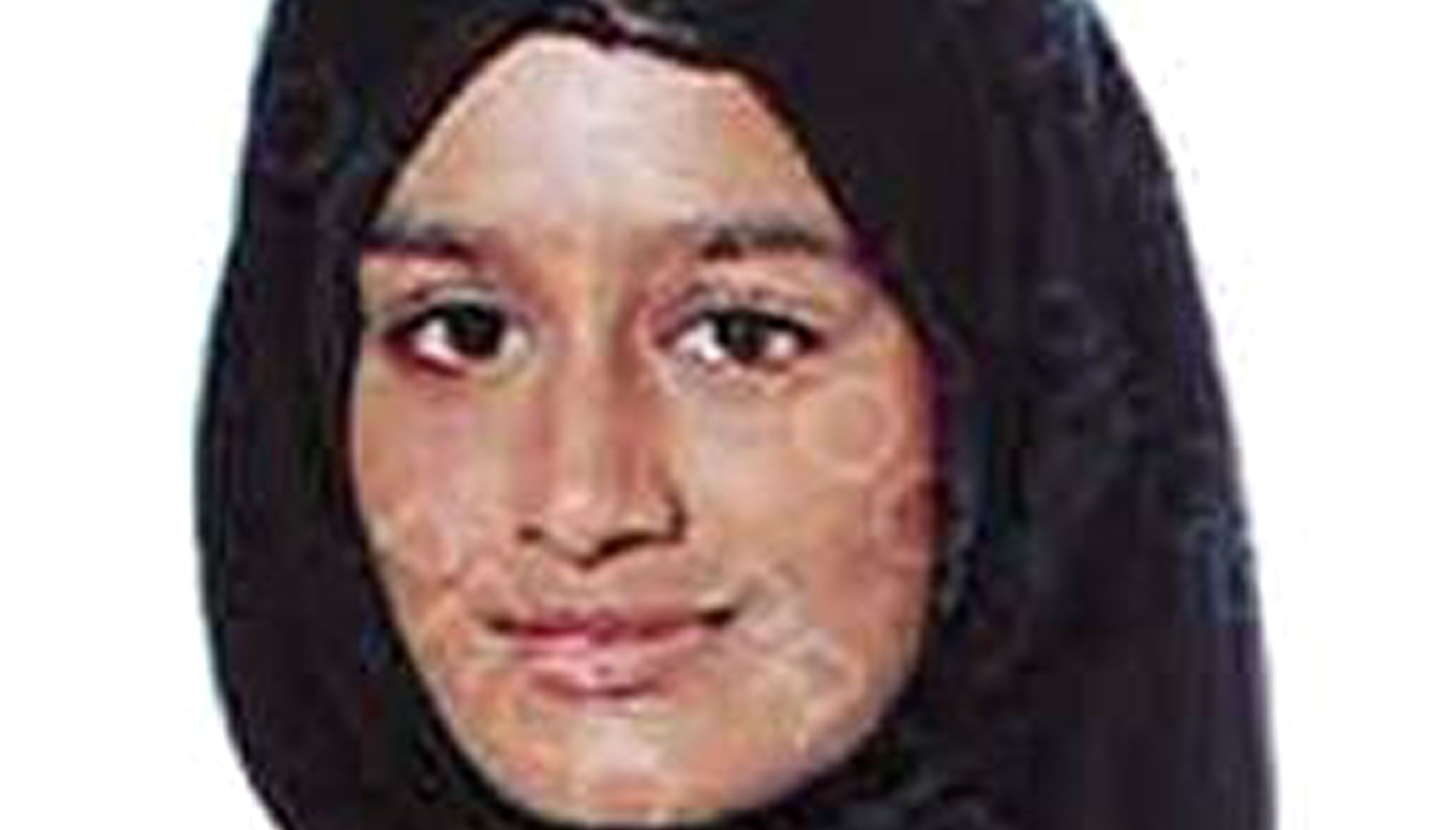Shamima Begum’s mother says ‘world fell apart’ when her daughter went to Syria
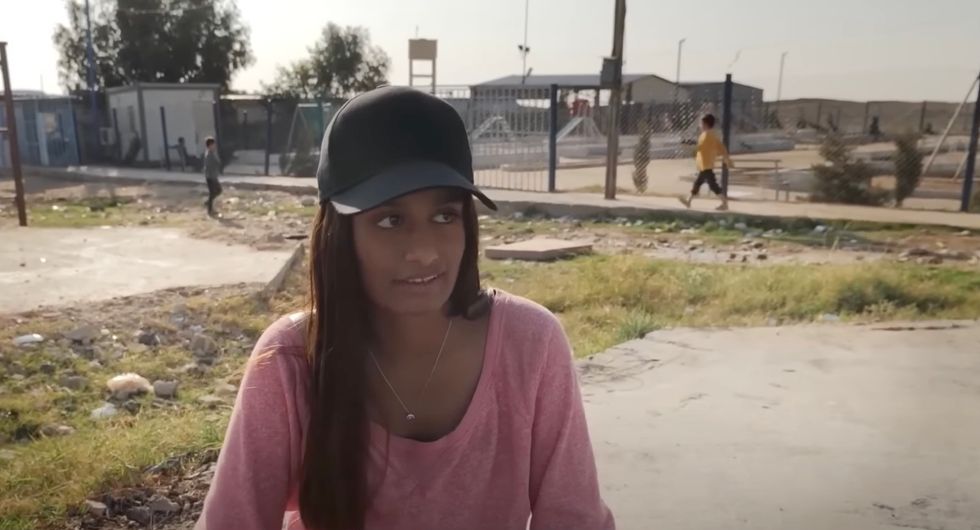
In extracts read by Ms Begum’s barrister Dan Squires KC, her mother said: “My youngest daughter is even more present in my mind, the one I think about almost every hour of every day. | GB News

Ms Begum was 15 when she travelled from Bethnal Green, east London, through Turkey and into IS-controlled territory
Don't Miss
Most Read
Shamima Begum’s mother has told a court her “world fell apart” when her daughter left home to travel to Syria and align with the so-called Islamic State (IS).
Ms Begum was 15 when she travelled from Bethnal Green, east London, through Turkey and into IS-controlled territory.
Her British citizenship was revoked on national security grounds shortly after she was found, nine months pregnant, in a Syrian refugee camp in February 2019.
Ms Begum, now 23, is challenging the Home Office over the decision to remove her British citizenship.
On the third day of the appeal on Wednesday, the Special Immigration Appeals Commission (SIAC) was told Ms Begum’s mother Asma Begum had set out how she was affected in a statement.
Her British citizenship was revoked on national security grounds shortly after she was found, nine months pregnant, in a Syrian refugee camp in February 2019.
PA
In extracts read by Ms Begum’s barrister Dan Squires KC, her mother said: “My youngest daughter is even more present in my mind, the one I think about almost every hour of every day.
“When she left home in 2015, our worlds fell apart.”
She continued: “Shamima and I shared a bedroom and I have not moved anything of hers from our room.
“Her drawers are still full, her perfume, pens and jewellery, her clothes are still there. Her pyjamas are folded neatly.
“The box with her school books I look at sometimes.
“Her school blazer is still hanging on the door in the front room, just as it was when she left.”
Mrs Begum added: “On the last birthday she spent with us before she left, she did not want a cake but wanted a pizza with candles on it instead.
“She was so happy that day. On each of her birthdays since she left we order pizza and still celebrate her birthdays.
“It was always sad but we look forward to the birthday party we will have when she is back with us.”
Mr Squires said the statement was “a powerful indication of the impact and the connection that remains between the appellant (Ms Begum) and her family here”.
The barrister said the decision to deprive Ms Begum of her citizenship “extinguished her family’s ability to rebuild their family life with their daughter and sibling with whom they lost contact as a result of the acts of criminals in targeting a young child, and trafficking her out of the country”.
He added the family were not considered in the decision to remove Ms Begum’s citizenship, breaching their human right to a family life.
Lawyers for the Home Office, who are due to make their oral arguments on Thursday, said that Ms Begum was in Syria “as a result of her own choice to leave the UK”.
Sir James Eadie KC, for the department, continued in written submissions: “It is not appropriate to start from the point at which Ms Begum left the UK, and assume family ties would have remained the same.
“Generally speaking, a prolonged period of separation weakens family ties, rather than bolstering them.”
Ms Begum’s lawyers also argued that then-home secretary Sajid Javid failed to properly consider whether the use of the power to deprive someone of their citizenship was disproportionately applied to British Muslims or if it “impacts detrimentally upon the relations between members of Muslim or particular minority ethnic communities and others.”
Mr Squires said: “The Secretary of State should have been aware that this decision was going to have an impact,” adding this should have been considered as part of the process.
Photo issued by the Metropolitan Police of Shamima Begum aged 15.
Metropolitan Police
The barrister later queried when deprivation decisions are considered, including if someone had French or Canadian heritage.
“Does that happen routinely when there is a sex offence conviction of someone called John Smith, do they look to see where his parents are from?” Mr Squires added.
In written submissions, Sir James said: “There was, in reality, no equality issue raised by the individual decision in Ms Begum’s case.
“The deprivation decision did not give rise to any real question around the need to ‘foster good relations between persons who share a relevant protected characteristic and persons who do not share it’”.
He added: “Even if there were broader concerns about the use of the deprivation power more generally, in an individual case, it is not accepted that members of the identified communities, or others, would wish to associate, or sympathise, with a person who has travelled to Syria and aligned with Isil, an organisation that incites sectarian violence and has committed genocide.”
The hearing in London before Mr Justice Jay is due to finish on Friday, with a decision expected in writing at a later date.






